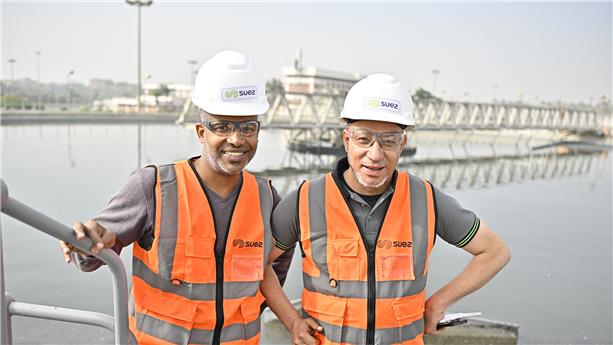
As a global leader in the water and waste management sectors, we have been operating for over 160 years all over the world. We provide essential services to protect the resource and improve quality of life wherever we operate.
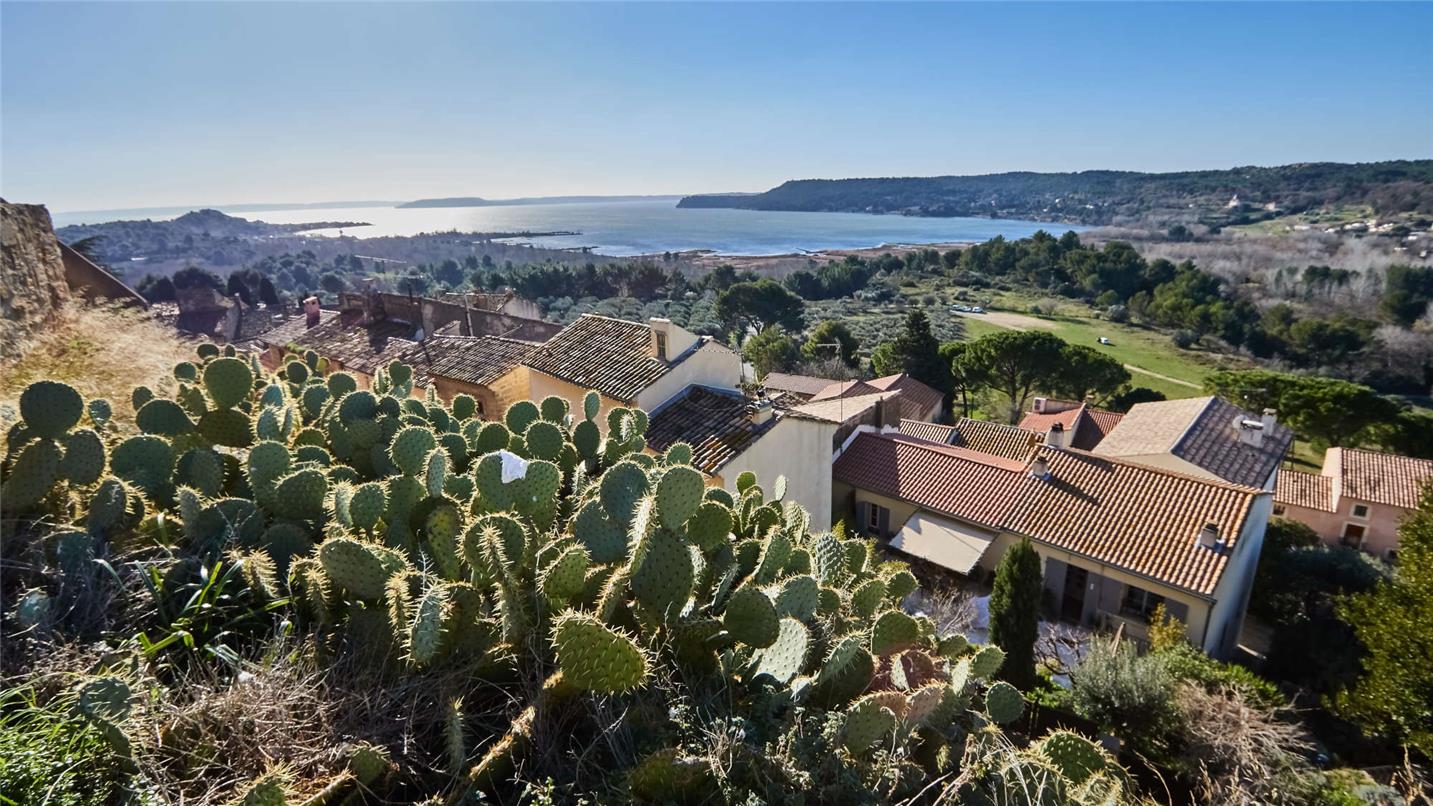
over
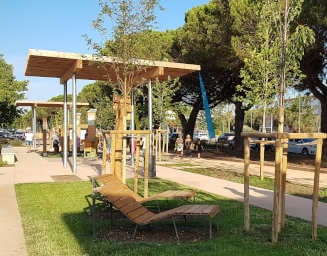
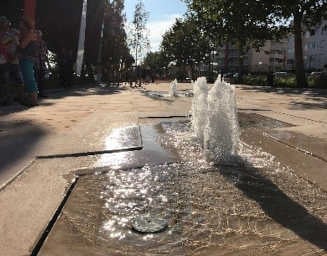
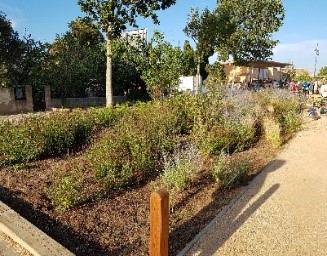
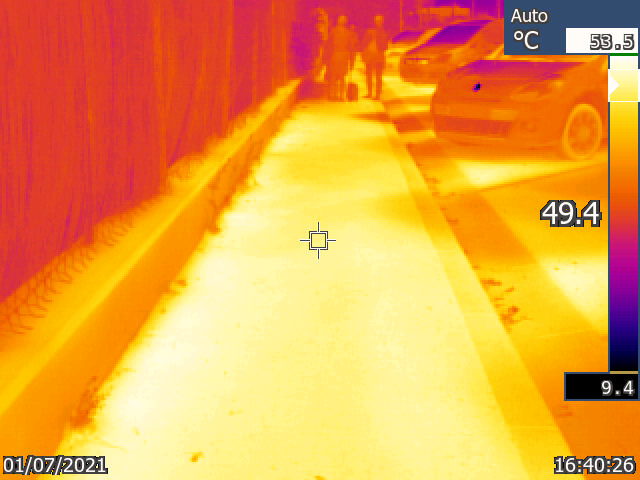
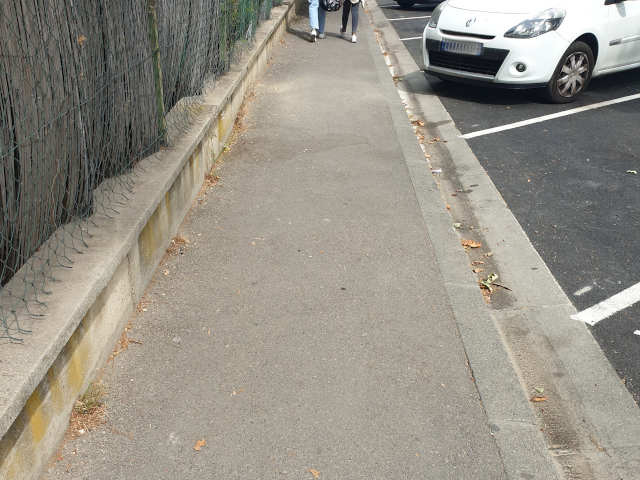
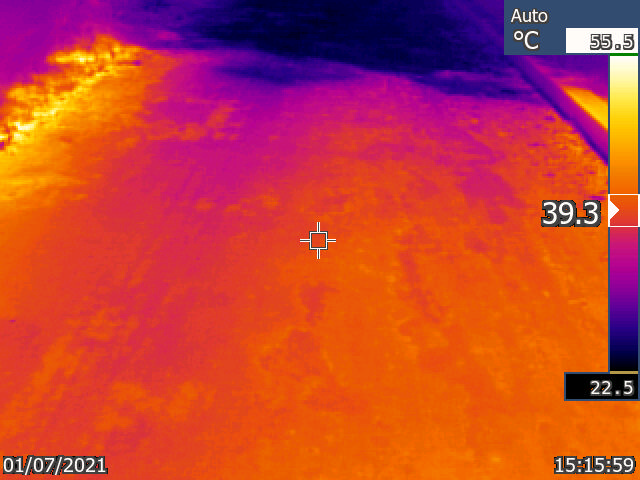
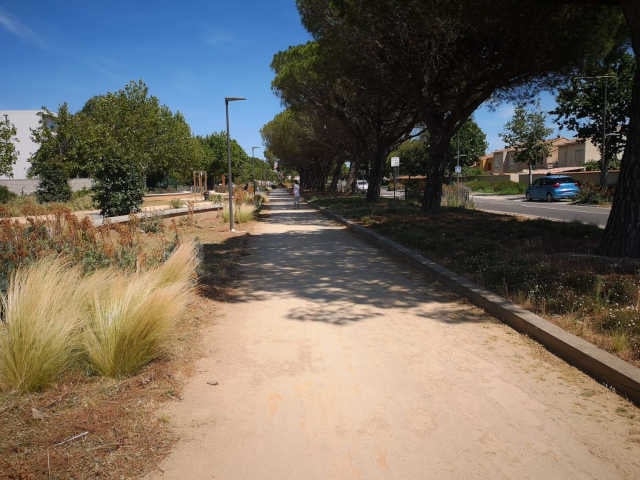

Our challenge: Designing cities to fight against the effects of climate change

